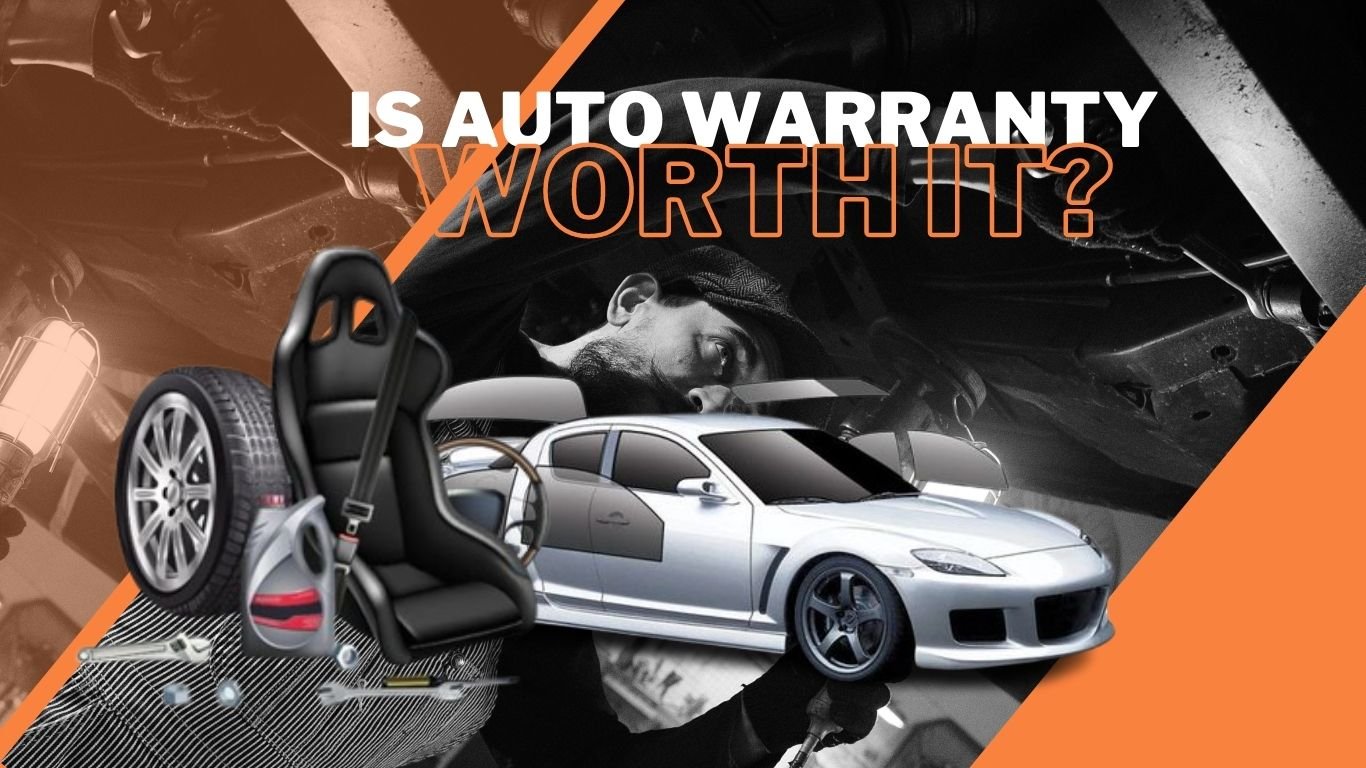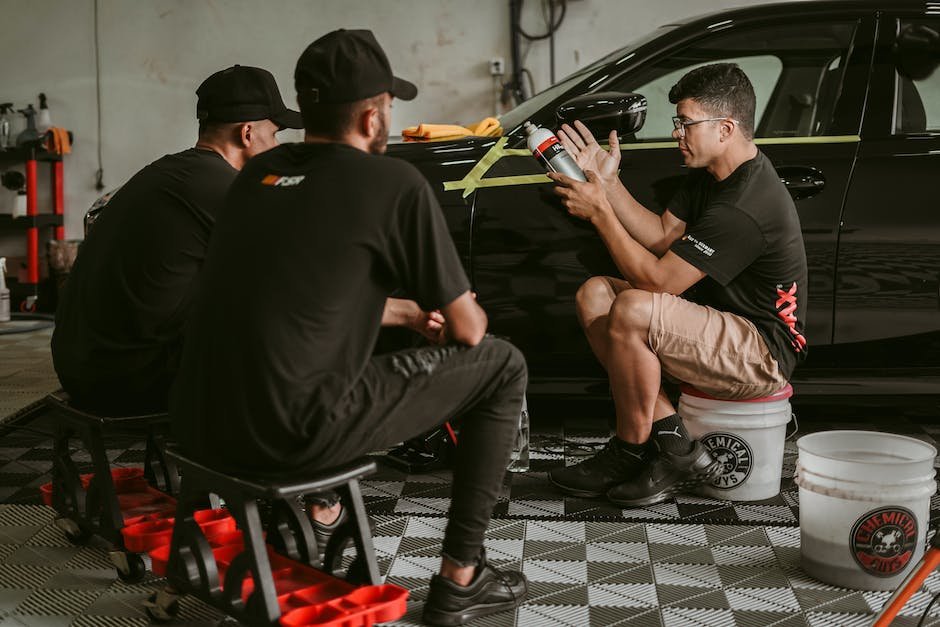58 Worcester St, West Springfield MA 01089, United States
58 Worcester St, West Springfield MA 01089, United States

Today, vehicles have become an essential part of our daily lives, and with the ever-evolving world of automotive technology, caring for your car and protecting your investment has become more important than ever. Naturally, this brings up the question: Is auto warranty worth it?
In this blog post, we will explore the value of an auto warranty, the potential benefits, and help you decide whether this investment is necessary for you. We’ll delve into the world of vehicle protection plans, unraveling the facts and debunking some common misconceptions along the way. Our goal is to provide you with the knowledge and understanding required to make an informed decision about taking the leap towards protecting your vehicle with an auto warranty.

When considering an auto warranty, it’s important to understand exactly what it covers. Generally, there are two types of warranties: bumper-to-bumper (or comprehensive) and powertrain.
Bumper-to-bumper warranties cover most components of the vehicle, from the engine to the electrical system, to the interior components. This type of warranty typically excludes wear and tear items like brake pads, tires, and windshield wipers.
On the other hand, powertrain warranties cover the engine, transmission, and other essential systems that power the vehicle. These warranties have a longer duration than bumper-to-bumper warranties, as they focus on the most vital elements of your car.
Some extended warranties also offer additional coverages like roadside assistance, trip interruption reimbursement, and rental car coverage. When deciding if an auto warranty is worth it, it’s crucial to look at the specific coverages, duration, and deductibles to ensure it meets your needs and provides peace of mind on the road.

When considering whether an auto warranty is worth it, it’s important to understand the various types of warranties available to you. Let’s break them down into three main categories:
1. Manufacturer Warranty: This is the warranty provided by the car manufacturer, usually covering vital components like engine, transmission, and drivetrain. Coverage typically ranges from 3 to 10 years, depending on the brand.
2. Dealer Warranty: Offered by car dealerships, these warranties often supplement the manufacturer’s coverage with additional protections, such as paint or upholstery. They can also provide extended coverage beyond the manufacturer’s expiration date.
3. Third-Party Warranty: Companies like DriveSmart Warranty offer their vehicle protection plans, which can be tailored to your specific needs. These plans provide a wide range of coverage options, often at a competitive price, and may also include benefits like roadside assistance, rental car reimbursement, and trip interruption coverage.
Ultimately, understanding these different types of warranties can help you determine whether purchasing an auto warranty is worth it for your own peace of mind and protection against unforeseen repair expenses.

An auto warranty is a valuable investment that ensures your vehicle remains in optimal condition, providing you with peace of mind. For many, a vehicle is a significant and necessary expense, and protecting that investment should be a top priority.
One of the most significant advantages of having an auto warranty is the financial protection it offers. When unexpected mechanical issues arise, an auto warranty can help cover the costs of repairs or replacements, preventing you from being burdened with hefty out-of-pocket expenses.
Furthermore, you can drive your vehicle with confidence, knowing that whatever unexpected events may occur on the road, you have a trusted partner in DriveSmart Warranty to support you. An auto warranty not only protects you but also maintains the resale value of your car.
In conclusion, an auto warranty is a smart decision as it preserves your automotive investment while providing you with the comfort that comes with financial security and peace of mind.

Purchasing an auto warranty can be a significant additional expense for car owners. While it might seem like a sound investment for protecting your vehicle, it’s important to weigh the costs and evaluate if it’s truly worth it. Extended warranties are often purchased in addition to the manufacturer’s warranty, leading to overlapping coverage and unnecessary expenditure. It’s crucial to examine your warranty options to avoid overpaying for coverage you may not need or utilize.
Moreover, auto warranty plans may not cover every repair your vehicle may require, potentially leaving you with out-of-pocket expenses despite paying for an extended warranty. Thoroughly understanding the coverage and limitations of a particular warranty plan is key in deciding if it’s right for you, and it’s always important to read the fine print to avoid any surprises or disappointments when trying to use your warranty.

When deciding if an auto warranty is worth it, there are several factors to consider: vehicle age, usage, and reliability.
Firstly, vehicle age plays a crucial role in determining the value of a warranty. Typically, newer vehicles come with a manufacturer’s warranty, which may cover mechanical and electrical issues. However, as your car ages and that warranty expires, many potential issues could arise, making an extended warranty more valuable.
Secondly, consider your vehicle usage. If you heavily rely on your car for daily commutes, long trips, or as a primary means of transportation, having an extended warranty in place can provide peace of mind and prevent financial stress from unexpected repairs.
Lastly, it is essential to examine your car’s reliability. Research your vehicle’s make and model to understand common problems and repair costs associated with it. If your car has a history of expensive or recurrent issues, investing in an extended warranty could prove beneficial in the long run.
In conclusion, carefully evaluating these factors will help determine if an auto warranty is worth the investment for you.
When it comes to purchasing an auto warranty, you need to evaluate and compare the options available from manufacturers, dealers, and third-party providers. Firstly, consider the costs associated with each option. Manufacturer and dealer warranties are often included in the vehicle’s purchase price, while third-party warranties may require a separate payment. However, the latter may offer a better price point with similar coverage.
Compare the coverage provided by each option, taking note of specific components and systems included, the length of coverage, and any limitations that may apply. Also, consider factors like roadside assistance and rental car reimbursement, which could save you money in times of need. Contacting customer service and researching reviews can also provide valuable insights into the reliability and overall experience with each warranty provider. By evaluating these factors, you can make an informed decision about the best auto warranty option for you and your vehicle.

When shopping for an auto warranty, doing your homework and being prepared to negotiate can save you both time and money. Here are a few tips to ensure you get the best value from your vehicle protection plan:
1. Research: Start by investigating the reputation, coverage offerings, and pricing of various warranty providers. Read customer reviews and make a list of your top choices.
2. Know Your Needs: Determine which components and services are most important for your specific vehicle and driving habits. This will enable you to choose a plan that best fits your needs.
3. Get Multiple Quotes: Contact multiple providers or use an online comparison tool to get quotes from several sources. Comparing offers can help you identify the best deal.
4. Don’t Be Afraid to Negotiate: Even if you receive an attractive quote, there may still be room for negotiations. Discuss their offer and inquire about possible discounts or additional coverage that could be included.
5. Read the Fine Print: Before finalizing your warranty purchase, make sure to carefully read through all details and understand the terms and conditions. This can prevent any confusion or disappointment down the road.

Copyright © 2023 US Warranty. All Rights Reserved.